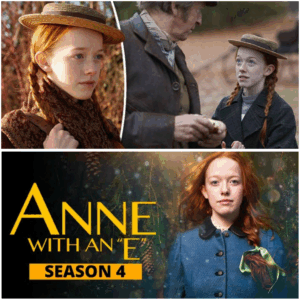The claim that Elon Musk blocked Disney Pride content on X, citing “woke” ideologies as unsuitable for children, has sparked widespread discussion online. However, upon closer inspection, this story appears to be rooted in satire and misinformation rather than verified news. Below, I provide an overview of the situation and its implications.
The Allegation
The controversy began with social media posts claiming that Elon Musk, the owner of X (formerly Twitter), had taken action to block LGBTQ+ Pride content produced by Disney on his platform. These posts suggested that Musk had labeled such content as “woke” and unsuitable for children. The story quickly gained traction, with many users debating its veracity and the broader implications of such a move.
Supporters of the alleged decision praised Musk for taking a stand against “woke culture,” which they argue has become overly pervasive in media targeted at children. Critics, however, condemned the supposed action as discriminatory and harmful to LGBTQ+ representation, particularly among younger audiences.
Fact-Checking the Story
Despite the viral nature of the claim, fact-checking efforts have revealed that the story originated as satire. According to Yahoo News, the notion that Musk banned Disney’s LGBTQ+ Pride content is not based on any legitimate news or confirmed actions. It was initially circulated as a satirical piece and later picked up by various social media platforms, where it was presented as factual information.
This revelation underscores the importance of verifying sources before accepting sensational claims as truth. The spread of misinformation can lead to unnecessary outrage and deepen societal divisions.
Musk’s Views on “Woke Culture”
While the specific claim about blocking Disney Pride content is false, Elon Musk has been vocal about his disdain for “woke culture.” He has often criticized it as being overly politically correct and restrictive of free speech. Musk’s views align with those who believe that “woke culture” stifles creativity and imposes ideological conformity.
In previous statements, Musk has expressed concerns about the influence of “woke” ideologies on entertainment and education. These opinions have made him a polarizing figure, with some applauding his stance and others accusing him of fostering intolerance.
Broader Implications
The spread of this satirical claim highlights several important issues:
-
Misinformation in the Digital Age: The rapid dissemination of false information demonstrates the challenges of navigating truth in the online world. Social media platforms like X play a significant role in shaping public perception, making it crucial for users to critically evaluate sources.
Representation in Media: LGBTQ+ representation in media remains a contentious topic. Supporters argue that inclusive content helps normalize diversity and fosters acceptance, especially among younger audiences. Critics often frame such efforts as ideological indoctrination.
Free Speech vs. Content Moderation: Musk’s ownership of X has sparked debates about the balance between free speech and content moderation. His approach has been characterized by minimal intervention, allowing controversial posts to remain visible. However, this philosophy also raises questions about the platform’s responsibility to prevent the spread of harmful or false information.
Conclusion
The claim that Elon Musk blocked Disney Pride content on X is unfounded, originating from satire rather than verified actions. Nonetheless, the story has reignited debates about “woke culture,” LGBTQ+ representation, and the role of social media in shaping societal narratives. As misinformation continues to proliferate, it is essential for individuals to approach sensational claims with skepticism and prioritize reliable sources.
This incident serves as a reminder of the power of social media to amplify both truth and falsehoods, underscoring the importance of critical thinking in the digital age.





